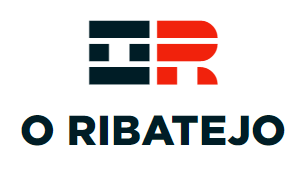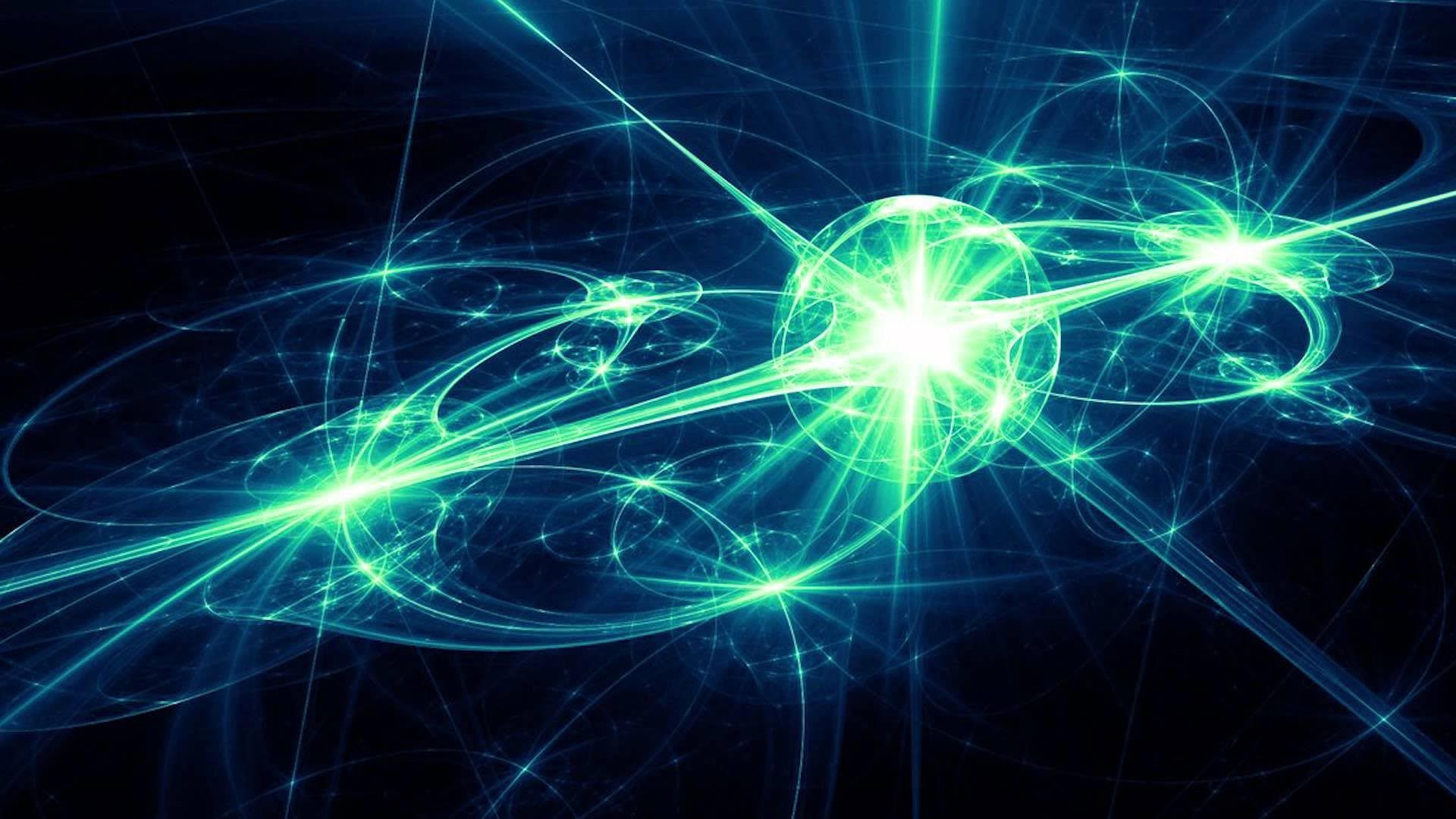O estudo mostrou que a carga mosaico é resultado direto do planejamento ambiental e do desenvolvimento sustentável.
A eletrificação de contato (EC) foi a primeira e única fonte de eletricidade da humanidade até o século XVIII, mas sua verdadeira natureza permanece um mistério. Hoje, é visto como um componente crítico de tecnologias como impressoras a laser, processos de produção de LCD, revestimentos eletrostáticos, separação de plásticos para reciclagem e muito mais, além de ser um risco industrial significativo (danos a sistemas eletrônicos, explosões em minas de carvão, incêndios. em plantas químicas) devido às descargas eletrostáticas (ESD) que acompanham a CE. Um estudo de 2008 foi publicado em temperar a natureza Descobri que, no vácuo, os ESDs de uma fita adesiva simples são tão fortes que geram raios X suficientes para obter uma imagem de raio X de um dedo.
Por muito tempo, acreditou-se que dois materiais de contato/deslizamento carregavam em direções opostas e uniformes. No entanto, após a CE, descobriu-se que ambas as superfícies separadas carregam cargas (+) e (-). A formação do chamado mosaico de cargas tem sido atribuída à experiência de incapacidade de produzir, à heterogeneidade inerente dos materiais em contato ou à “natureza aleatória” geral da EC.
Uma equipe de pesquisa, liderada pelo professor Bartosz A. Grzybowski (Departamento de Química) do Centro de Materiais Leves e Vivos, dentro do Instituto de Ciências Básicas (IBS) em Instituto Nacional de Ciência e Tecnologia de Ulsan (UNIST) Ele investigou possíveis fontes de remessa de mosaicos por mais de uma década. Espera-se que o estudo ajude a controlar descargas eletrostáticas potencialmente prejudiciais e foi publicado recentemente na revista

Figure 1. Charge mosaics on contact-charged dielectrics. (a) In a conventional view, two electrically neutral materials (grey) are brought into contact and then separated charge uniformly (lower left), one positive (red) and one negative (blue). In an alternative scenario (lower right), each surface develops a highly non-uniform ‘charge mosaic’ with neighboring domains of opposite charge polarities. (b) Collage of charge mosaics reported in the literature (the years and scale bars are indicated). Credit: UNIST
In the paper published recently in Nature Physics, the group of Professor Grzybowski shows that charge mosaics are a direct consequence of ESD. The experiments demonstrate that between delaminating materials the sequences of “sparks” are created and they are responsible for forming the (+/-) charge distributions that are symmetrical on both materials.
“You might think that a discharge can only bring charges to zero, but it actually can locally invert them. It is connected with the fact that it is much easier to ignite the ‘spark’ than to extinguish it,” says Dr. Yaroslav Sobolev, the lead author of the paper. “Even when the charges are reduced to zero, the spark keeps going powered by the field of adjacent regions untouched by this spark.”
The proposed theory explains why charge mosaics were seen on many different materials, including sheets of paper, rubbing balloons, steel balls rolling on Teflon surfaces, or polymers detached from the same or other polymers. It also hints at the origin of the crackling noise when you peel off a sticky tape – it might be a manifestation of the plasma discharges plucking the tape like a guitar string. Presented research should help control the potentially harmful electrostatic discharges and bring us closer to a true understanding of the nature of contact electrification, noted the research team.
References: “Charge mosaics on contact-electrified dielectrics result from polarity-inverting discharges” by Yaroslav I. Sobolev, Witold Adamkiewicz, Marta Siek and Bartosz A. Grzybowski, 8 September 2022, Nature Physics.
DOI: 10.1038/s41567-022-01714-9
“Correlation between nanosecond X-ray flashes and stick-slip friction in peeling tape” by Carlos G. Camara, Juan V. Escobar, Jonathan R. Hird and Seth J. Putterman, 23 October 2008, Nature.
DOI: 10.1038/nature07378
“The mosaic of surface charge in contact electrification” by H. T. Baytekin, A. Z. Patashinski, M. Branicki, B. Baytekin, S. Soh and B. A. Grzybowski, 23 June 2011, Science.
DOI: 10.1126/science.1201512

“Criador. Viciado em mídia social que gosta de hipster. Fã da web. Fanático por álcool apaixonado.”







More Stories
‘Isso me deu arrepios’: a explosão de raios gama mais poderosa já observada escondia um segredo, dizem os cientistas
Vacina contra herpes oferece esperança contra a demência
Gripe Teflon aumenta nos Estados Unidos; Sintomas, práticas e avisos ao cozinhar em panelas antiaderentes